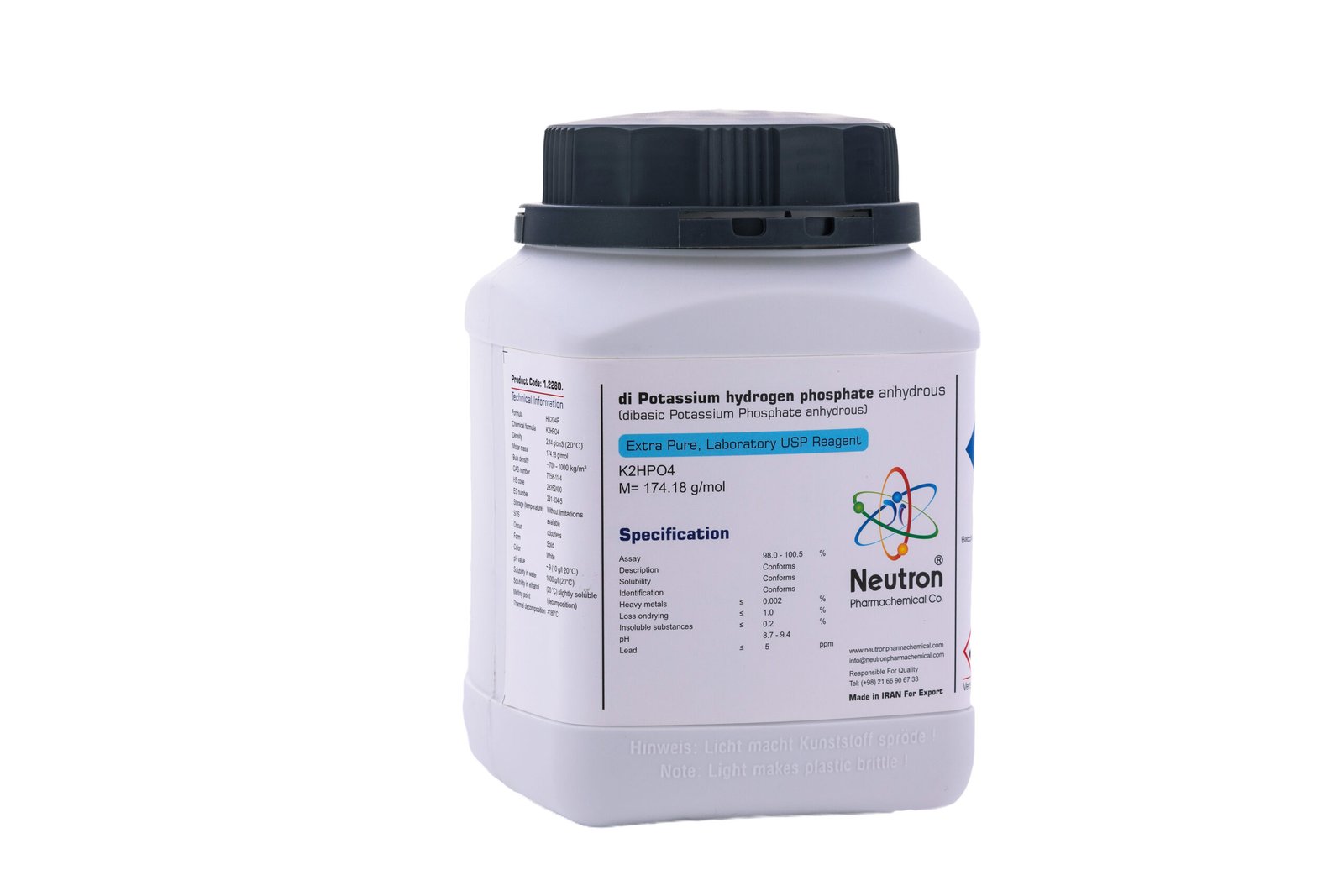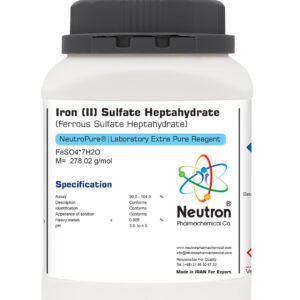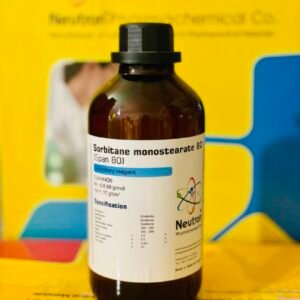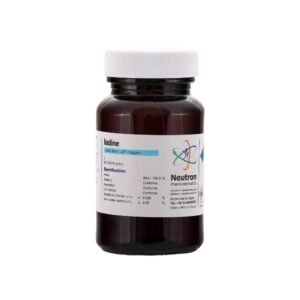Dipotassium hydrogen phosphate is an inorganic salt also referred to as dipotassium phosphate or potassium phosphate dibasic. It typically appears as a white, deliquescent powder and is fully soluble in water, with limited solubility in alcohol.
🏭⚗️ Production
This compound is industrially produced via partial neutralization of phosphoric acid with potassium hydroxide, yielding K₂HPO₄ after crystallization.
🔬 Properties
• White or colorless powder that absorbs moisture.
• Soluble in water (~149 g per 100 mL at 20 °C), slightly soluble in alcohol.
• Decomposes before melting, with thermal decomposition occurring above approximately 465 °C.
• Serves as a useful buffer with a pKa around 12.4, and exhibits low flammability.
🧪 Applications
• Food & Beverage: Utilized as an emulsifier, stabilizer, buffering agent, and chelating agent in products such as non-dairy creamers, powdered drinks, mineral supplements, and starter cultures.
• Pharmaceuticals & Lab: Employed in buffering solutions, chromatography, and as a reagent in various biochemical protocols.
• Agriculture & Fertilizers: Often included with monopotassium phosphate in fertilizer blends to supply both potassium and phosphorus.
• Other Uses: Involved in tasks like pH control, metal treatment, fermentation media, and potentially water treatment.





